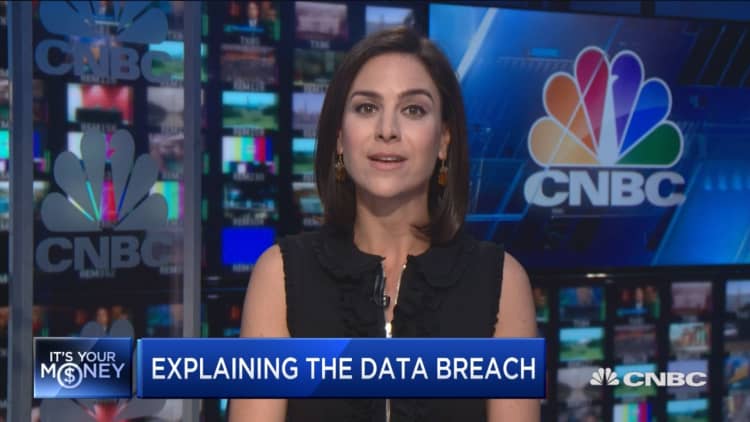
Well, that wasn't so bad after all.
September, historically the worst market month of the year, actually turned out to be pretty good. The market rolled to a very nice month, with the Dow gaining almost 2 percent and the market registering its longest quarterly winning streak in 20 years.
Bank of America-Merrill Lynch says the market's "best reason to be bearish is ... there is no reason to be bearish" — a cute way of saying that the only thing the market has to fear is the lack of fear itself.
That makes as much sense as anything at this point, being that there seems to be just nothing in line to stop the bull.
A few things to consider for the upcoming week:
Jobs, or the lack thereof
We all know the market closely watches the nonfarm payrolls report that hits the first Friday of the month. But this month's figures should be especially interesting.
Due to damage from Hurricanes Harvey, Irma and Maria, September's employment picture is probably not going to be pretty. In fact, current expectations are for growth of only about 110,000 positions, well below the 180,000 or so a month to which we've become accustomed.
Some on Wall Street think the number even could fall below the 100,000 jobs mark.
One narrative the market could take is that the low number is a one-off event, with future months picking up the slack. Or, it could be taken as a sign that the freakish storm cycle this year will put a serious crimp in a economic activity.
More tax drama
The finagling over the Republican tax plan was pretty ferocious last week, but it's probably only just getting started.
Under the plan unveiled in mid-week, taxpayers would be getting a break across the board, while corporations would see a major slash in their rate from 35 percent to 20 percent.
Critics already are charging that the plan disproportionately benefits those at the the higher end of the scale, while essentially ignoring middle- and lower-class taxpayers.
Markets have been fueled this year in part on belief that the White House and GOP-led Congress can get something done on badly needed tax reform.
If the plan looks dead on arrival when it finally gets translated into legislative language, the market will not like that one bit.
The rest of it
There's also a smattering of other events worth considering this week.
Outside of the jobs report Friday, the rest of the economic data schedule looks like this: Monday, ISM manufacturing and construction spending; Wednesday will see the ADP private payrolls report, which is a preview of the nonfarm payrolls report, along with the ISM non-manufacturing index; Thursday will see the Challenger job-cuts look and factory orders, while Friday also will include consumer credit data.
One other ongoing story investors should watch is the derby for who will be on the next person to head the Federal Reserve. The U.S. central bank sets interest rates and regulates banks, and there's been a lot of speculation over whether current Chair Janet Yellen will be reappointed.
Yellen herself deliver a speech will deliver a speech Wednesday expected to focus on community banks. Fed Governor Jerome "Jay" Powell, who met with President Donald Trump this week to discuss the Fed chairmanship, will be speaking both Tuesday and Thursday.
A smattering of other Fed officials will be making presentations during the week, each offering a chance of market-moving pronouncements.
Also, outgoing Equifax CEO Richard Smith has been asked to speak to Congress this week about the company's massive data breach.
The last word
With all of the uncertainty this week over the impact that hurricanes will have economic growth, we turn to Gus Faucher, chief economist at PNC, to explain why he thinks the impact won't be that severe. Faucher puts third-quarter GDP at 2.7 percent, which is above what many others on Wall Street are expecting:
"The growth forecast has been revised up over the next few quarters because of expected rebuilding, and by the middle of 2018 the economy will be back to its pre-hurricanes path. Job growth will slow sharply in September from its 2017 pace, but employment will not decline outright over the month, and job gains will then bounce back as rebuilding efforts get underway; our near-term unemployment rate forecast has also been revised a bit higher.
Similar patterns were observed after other natural disasters, such as Hurricanes Katrina and Andrew, Superstorm Sandy, and the Northridge earthquake."
Bottom line: Don't get too freaked out if the economic data in October don't look that inspiring.


